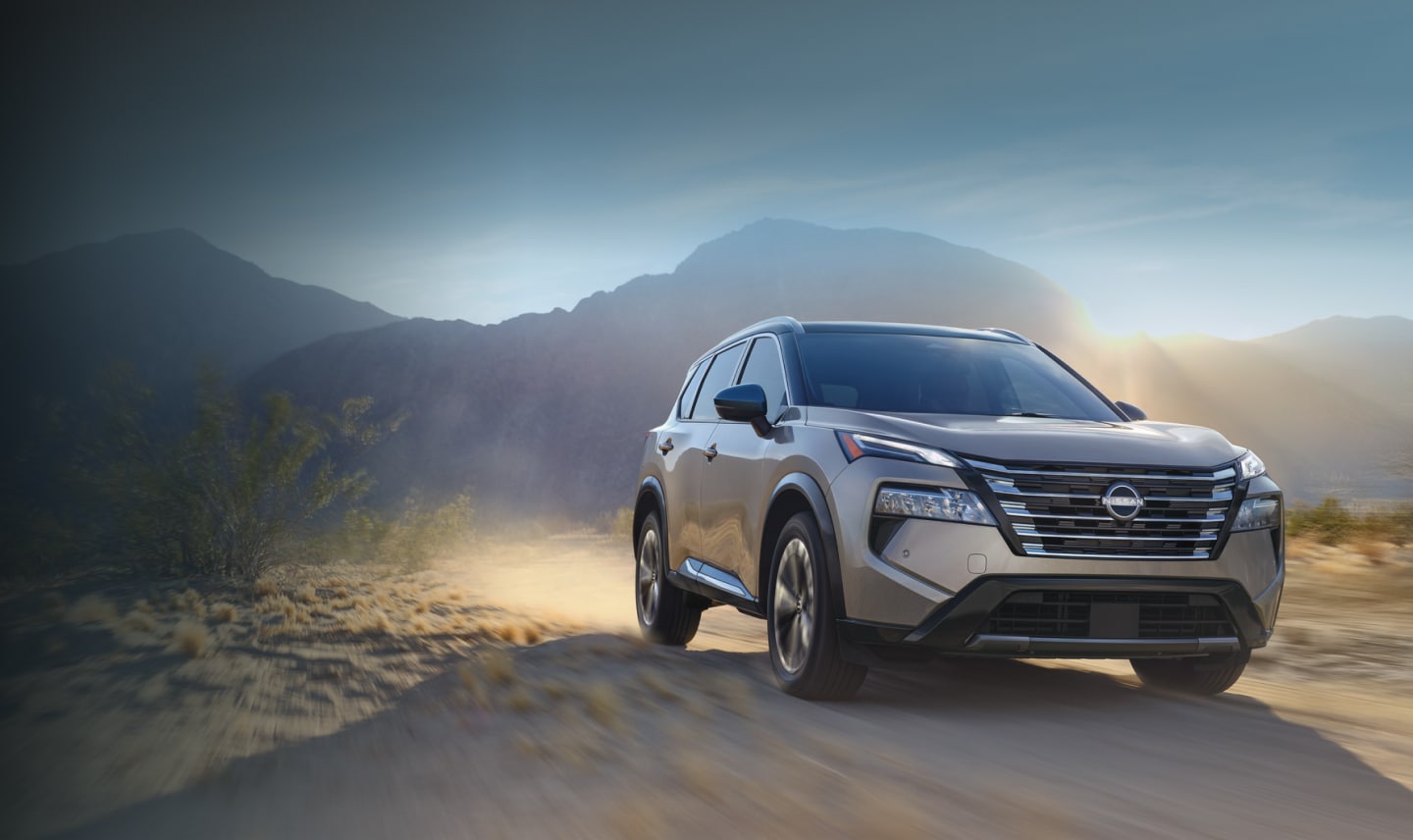Is A Nissan Rogue A Crossover

The Nissan Rogue. It's a nameplate synonymous with practical family hauling, grocery runs, and dependable, if somewhat understated, transportation. But among car enthusiasts, the question often arises: Is the Rogue really a crossover? Or is it just another SUV pretender? Let's dive deep and dissect the Rogue, peeling back the layers to reveal its true crossover credentials.
Defining the Crossover: What Makes a Crossover, a Crossover?
Before we can definitively label the Rogue, we need to understand the criteria. A crossover, or Crossover Utility Vehicle (CUV), blends characteristics of SUVs and passenger cars. Traditionally, SUVs were built on truck-like body-on-frame platforms, prioritizing off-road capability and ruggedness. Crossovers, on the other hand, typically utilize a unibody construction, similar to cars, offering a more comfortable ride, better fuel economy, and improved on-road handling. All-wheel drive (AWD) may be available, but it's often geared towards enhanced traction in inclement weather rather than serious off-roading.
So, where does the Rogue fit in? Let’s examine its key attributes:
- Construction: Unibody – a core crossover characteristic.
- Drivetrain: Front-wheel drive (FWD) standard, with available AWD.
- Ride and Handling: Tuned for on-road comfort and handling.
- Purpose: Primarily designed for passenger and cargo hauling on paved roads.
Based on these points, the Rogue clearly leans towards the crossover classification. But let's not stop there. Let’s delve into specific models and features to understand the nuances.
Rogue Through the Ages: Evolution and Variations
The Nissan Rogue has undergone several iterations since its introduction in 2007. Each generation has brought changes in design, technology, and engine options. Here's a quick look at some key differences:
First Generation (2007-2014)
The original Rogue was a simple and affordable crossover. It featured a 2.5-liter four-cylinder engine paired with a continuously variable transmission (CVT). AWD was optional. While not particularly exciting, it was reliable and practical.
Second Generation (2014-2020)
The second-generation Rogue saw a significant improvement in interior quality and design. It continued with the 2.5-liter engine and CVT, but Nissan introduced features like available LED headlights, advanced safety technologies, and even a quirky third-row seating option (on some models). This generation further solidified the Rogue's position as a mainstream crossover.
Third Generation (2021-Present)
The current Rogue represents a major leap forward. It boasts a bolder design, a more refined interior, and a new 1.5-liter turbocharged three-cylinder engine (replacing the 2.5-liter in most models). The CVT remains, but it's been significantly improved for better responsiveness. Advanced driver-assistance systems (ADAS) are also more prevalent.
Engine Options and Performance: From Adequate to... Acceptable?
The Rogue's engine choices have been a point of contention for some enthusiasts. Let's compare the two main engine options:
| Engine | Displacement | Horsepower | Torque |
|---|---|---|---|
| 2.5-liter Four-Cylinder (QR25DE) | 2.5L | 170-181 hp | 175-181 lb-ft |
| 1.5-liter Turbocharged Three-Cylinder (KR15DDT) | 1.5L | 201 hp | 225 lb-ft |
While the 2.5-liter engine was adequate for most driving situations, it lacked excitement. The newer 1.5-liter turbo engine offers a noticeable improvement in torque and responsiveness, making the Rogue feel more lively. However, both engines are primarily focused on fuel efficiency rather than outright performance. The CVT, while contributing to good fuel economy, can sometimes feel unresponsive and drone-like, detracting from the driving experience. The absence of a traditional automatic transmission is a definite drawback for some driving enthusiasts.
Real-World Driving Impressions: Comfort Over Cornering
Behind the wheel, the Rogue prioritizes comfort. The suspension is tuned for a smooth ride, soaking up bumps and imperfections with ease. Handling is predictable and safe, but it's not exactly engaging. The steering is light and lacks feedback, making it feel somewhat disconnected from the road. If you're looking for a sporty driving experience, the Rogue isn't the best choice. However, for everyday commuting and family trips, it's a comfortable and capable vehicle.
AWD models offer enhanced traction in slippery conditions, but don't expect to tackle challenging off-road trails. The Rogue's ground clearance is limited, and its AWD system is primarily designed for on-road use. Think snow and ice, not rocks and mud.
Pros and Cons: The Enthusiast's Perspective
- Pros:
- Comfortable ride
- Spacious interior
- Good fuel economy (especially with the 1.5L turbo)
- Available advanced safety features
- Relatively affordable
- Cons:
- Uninspiring driving dynamics
- CVT transmission can feel unresponsive
- Limited off-road capability
- Generic styling (some might find it boring)
- Engine note (especially the 1.5L turbo) can be unrefined
The Verdict: Crossover Through and Through
Based on its unibody construction, on-road focus, and overall design, the Nissan Rogue is undeniably a crossover. It may not be the most exciting vehicle on the road, but it excels at providing comfortable, practical, and efficient transportation for families. It's a crossover designed for the masses, not necessarily for the enthusiast driver seeking thrills.
However, it is the ideal vehicle for: Parents looking for that vehicle they can take their kids to hockey practice, a new driver, or the practical commuter.
In conclusion, whether you're a hardcore car enthusiast or simply looking for a reliable family vehicle, it's crucial to understand the Rogue's strengths and weaknesses. Ultimately, its crossover classification is clear, but its appeal to enthusiasts remains a matter of individual preference.
Fun Note: Let's stir the pot! Which is the *true* enthusiast's crossover: A meticulously modified Nissan Rogue, pushing its handling limits, or a stock BMW X1? Let the debate begin!
